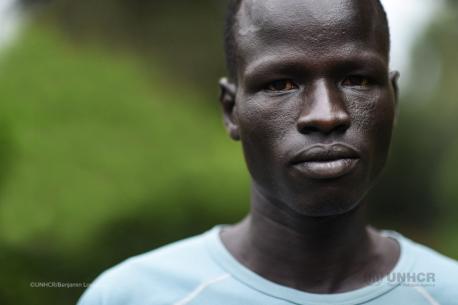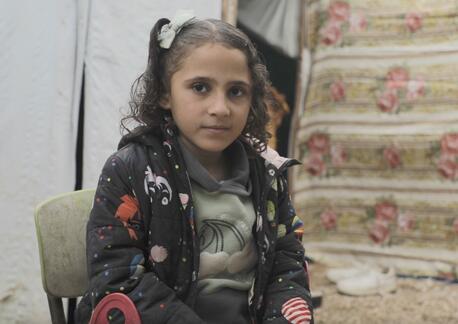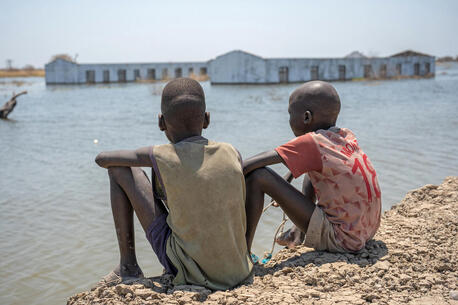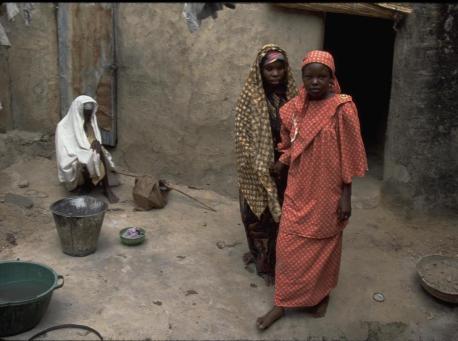
Refugee Olympic Team: Yiech Pur Biel's Story
Forced to flee the South Sudan conflict in 2005 at the age of 9, Yiech Pur Biel ended up on his own in the Kakuma refugee camp in Kenya.
Yet a mere eleven years later, the 21-year-old is competing in the 800-meter race at the Rio 2016 Olympic Games.
Yiech started playing soccer in the camp, but he grew frustrated at having to rely so much on his teammates. Then he tried running — and found that running made him feel greater control over his own destiny. He kept at it, though training conditions in the camp were tough. “Most of us face a lot of challenges,” Yiech says. “In the refugee camp, we have no facilities — even shoes we don’t have. There is no gym."
Training over the last year has been long and difficult, but Yiech is upbeat. He believes his place on the Refugee Olympic Team can help to inspire and encourage other displaced people. "Being a refugee is only a name," he says. "But when you go and carry the flag of refugees, you are telling the world that we refugees, we are human beings like other people, you see?"
Watch Yiech's story here:
The Refugee Olympic Team represents the key crisis of our time: that of refugees and the displaced. At a time when more than 65 million people are displaced, many of them children, the participation of the team in Rio sends a powerful signal of hope to refugees around the world. Further, the team aims to promote unity among refugees of various backgrounds and overcome divisions with host communities.
According to a new report by the UN Refugee Agency, on average 24 people were forced to flee each minute in 2015 — four times more than a decade earlier. Shockingly, children made up about half of the refugee population in 2015, up from 41 per cent in 2009. In the first six months of 2016 alone, 73,000 children arrived in Europe by way of a sea crossing that has been deadly for too many. Nearly 100,000 child refugees were separated from their parents or traveled alone. And for a growing number, there is nowhere to go.
Read the story of Yusra Mardini, another Team Refugees athlete at the Rio Olympics.
Learn more about the Refugee Olympic Team here.
HOW TO HELP
There are many ways to make a difference
War, famine, poverty, natural disasters — threats to the world's children keep coming. But UNICEF won't stop working to keep children healthy and safe.
UNICEF works in over 190 countries and territories — more places than any other children's organization. UNICEF has the world's largest humanitarian warehouse and, when disaster strikes, can get supplies almost anywhere within 72 hours. Constantly innovating, always advocating for a better world for children, UNICEF works to ensure that every child can grow up healthy, educated, protected and respected.
Would you like to help give all children the opportunity to reach their full potential? There are many ways to get involved.





